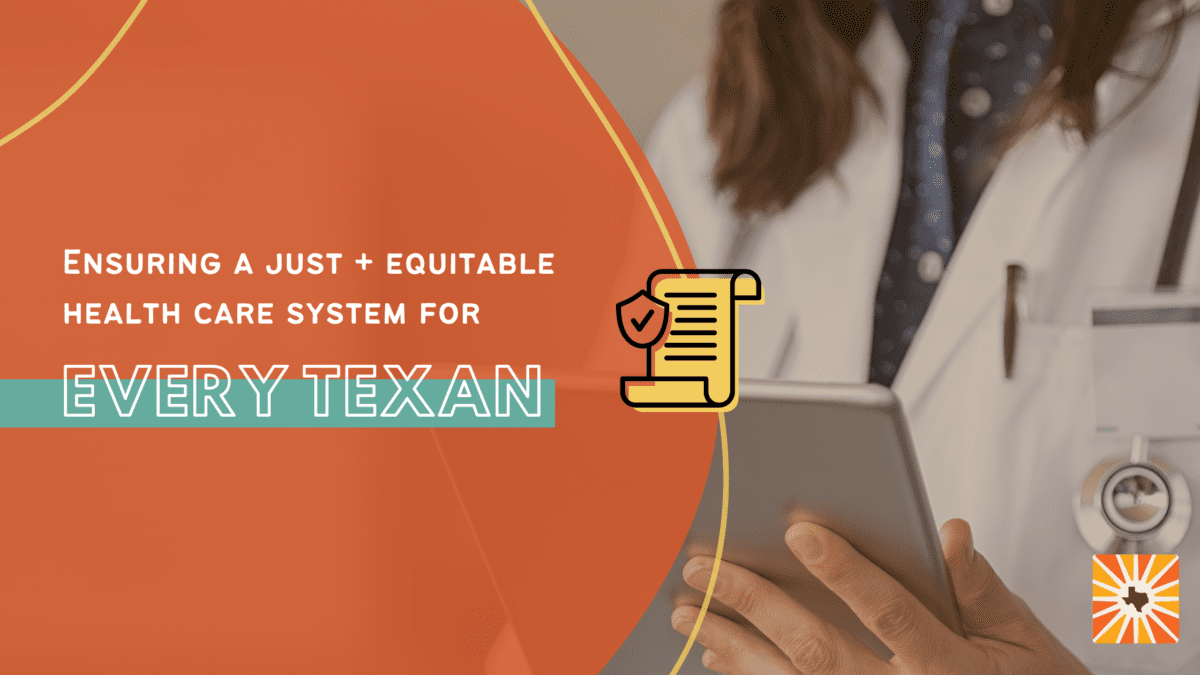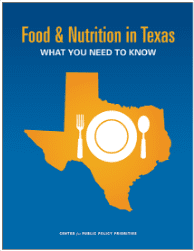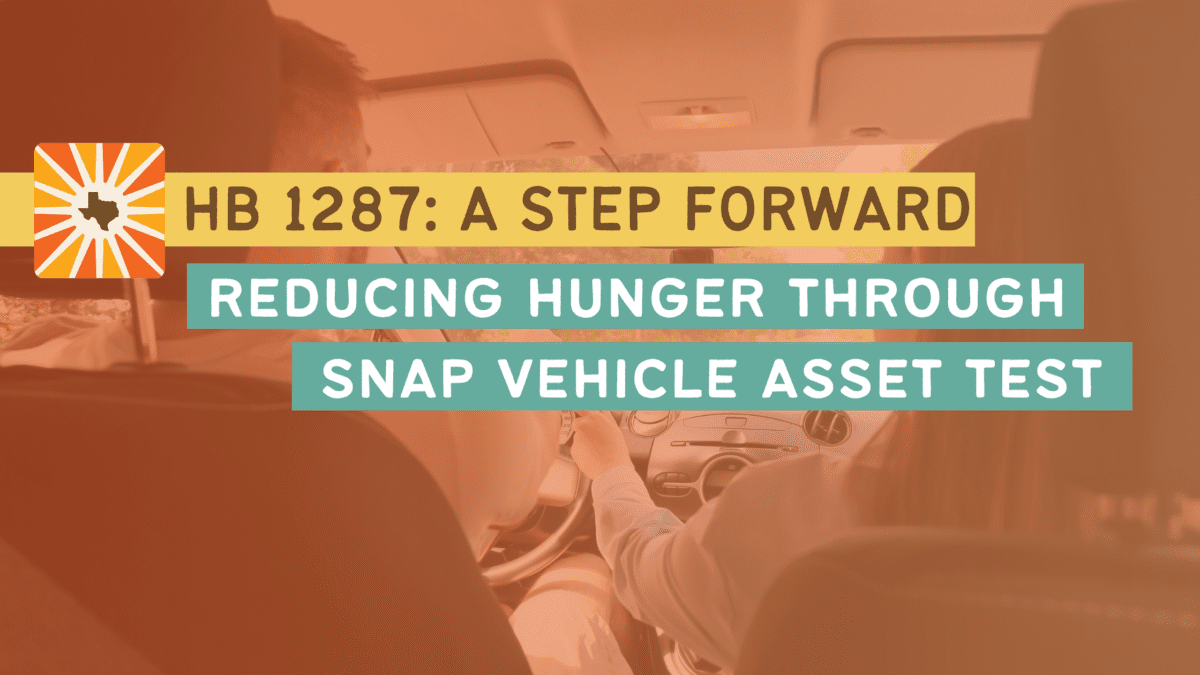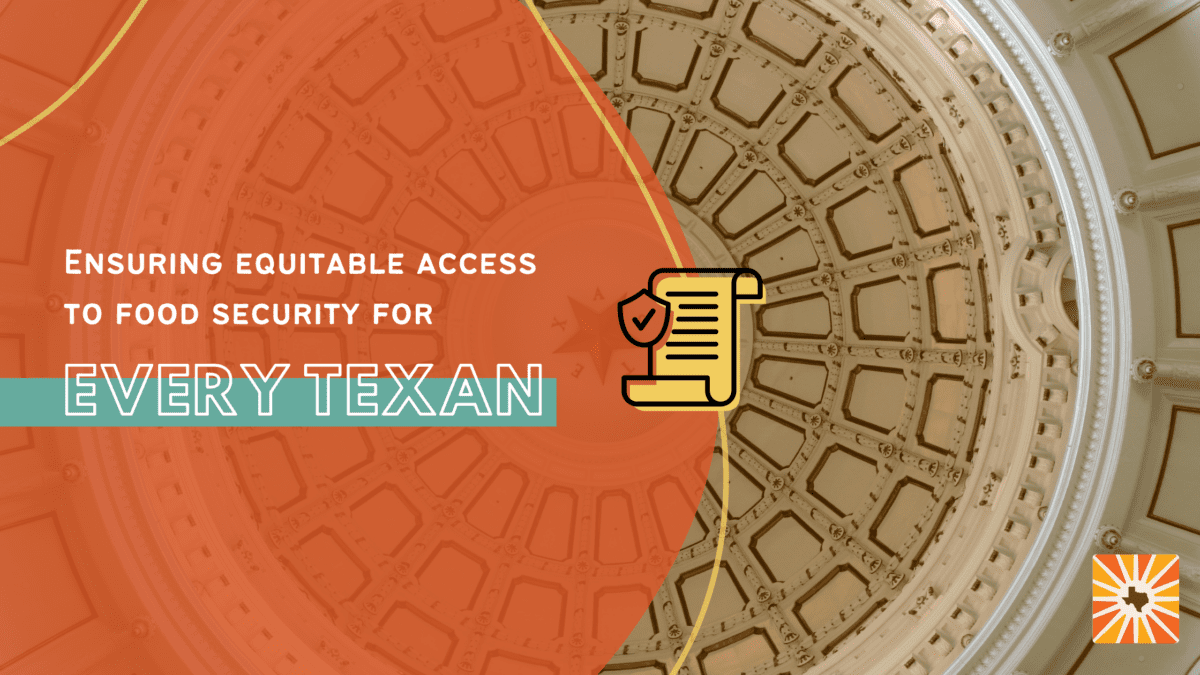The Special Supplemental Nutrition Program for Women, Infants, and Children, also known as WIC, is designed to improve the health of nutritionally at-risk pregnant women, new mothers, infants and children under age five by providing healthy foods, nutrition education and access to basic health services.
WIC focuses on families with modest incomes that earn below 185 percent of the federal poverty guidelines. To be eligible for WIC services, babies and mothers must have a medical or nutritional risk, and a medical professional must recommend participation. Risks may include complications during pregnancy, poor diets or greater likelihood of low birthweight.
Through the WIC program, new mothers can receive breastfeeding support, nutrition education, health care screenings and referrals at WIC clinics. Infants and young children receive basic health and immunization screenings and referrals.
WIC benefits are distributed through an Electronic Benefits Transfer Card (EBT), which works and looks like a debit card. WIC cards can be used at participating grocery stores and farmers’ markets for specific food items, such as formula, baby food, milk, eggs, tortillas and fruits and vegetables. WIC benefits do not cover non-food infant/toddler items, such as diapers, and foods not on the WIC-approved list.
WIC is 100 percent federally funded but is administered by the Texas Health and Human Services Commission (HHSC) through a network of over 500 local WIC clinics across the state. The state is responsible for enrolling eligible women, infants and children into the program and can also choose which foods to include as WIC-authorized purchases. Texas also manages contracts with infant formula providers to control costs.
WIC also supports the purchase of nutritious foods and encourages healthy behaviors that can reduce health costs in the long run. Research has shown that prenatal participation in WIC was associated with cost savings in Medicaid for low-income mothers and newborns, because babies were born healthier and with fewer complications.
In recent years, WIC has seen a decline in enrollment, which has raised concerns about the program’s ability to reach a growing, diverse population. WIC reaches only about half of all eligible Texans.






